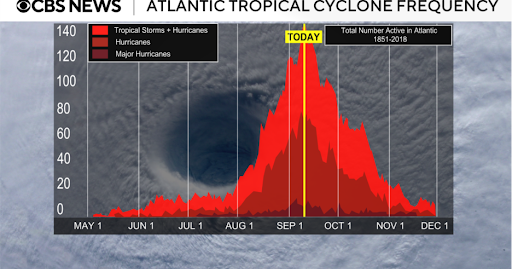Although there are fewer smokers now than 15 years ago, one in five adults worldwide is still hooked on tobacco.
That’s according to the World Health Organization’s (WHO) latest report on tobacco use published on Monday which analyses smoking trends from 2010 to 2024 and concludes the epidemic is far from over.
Tobacco use has fallen from 26.2 per cent in 2010 to 19.5 per cent last year – and the UN health agency predicts that numbers will continue to decline.
WHO chief Tedros Adhanom Ghebreyesus acknowledged the progress made but issued a warning over new products from the industry designed to keep consumers hooked.
“Millions of people are stopping, or not taking up, tobacco use thanks to tobacco control efforts by countries around the world,” he said.
“In response to this strong progress, the tobacco industry is fighting back with new nicotine products, aggressively targeting young people. Governments must act faster and stronger in implementing proven tobacco control policies.”
Adolescents and e-cigarettes
The report includes the first global estimate of e-cigarette use for adults and youth.
The numbers are alarming: more than 100 million people worldwide are now vaping, including 86 million adults and at least 15 million adolescents aged 13-15.
Prevalence of e-cigarette use among adolescents is on average nine times that of adults, by country. WHO is calling on governments to close those loopholes which allow the industry to target the next generation and regulate e-cigarettes and other nicotine products.
“E-cigarettes are fuelling a new wave of nicotine addiction,” said Etienne Krug, director of WHO’s Department for Social Determinants of Health. “They are marketed as harm reduction but, in reality, are hooking kids on nicotine earlier and risk undermining decades of progress.”
In total, 10 per cent of adolescents worldwide reported using one or more types of tobacco products.
Trends vary between genders, regions
In Southeast Asia, once the world’s biggest regional hotspot, tobacco use among men nearly halved – from 70 per cent in 2000 to 37 per cent last year. That region alone accounted for over half of the global decline.
In 2024, Europeans accounted for the largest number of smokers, followed by the Western Pacific, while the lowest prevalence of tobacco use was in the Africa.
Projections through 2030 foresee a decline in tobacco usage worldwide but governments must do their part to step up tobacco control, WHO advises.
“Nearly 20 per cent of adults still use tobacco and nicotine products. We cannot let up now,” said Jeremy Farrar, WHO Assistant Director-General for Health Promotion.
Where next?
Latest news
Read the latest news stories:
- Trump’s Gaza Peace Plan: Today, Tomorrow and the Day After Monday, October 06, 2025
- Politically Motivated Murders Across the United States Monday, October 06, 2025
- World War II Era Weapons Still Threatening Lives and Development in the Solomon Islands Monday, October 06, 2025
- Our Teachers, Our Heroes Monday, October 06, 2025
- From Storm to Strength: Odisha’s “Zero Casualty” Model for Community-Centered Disaster Resilience Monday, October 06, 2025
- WHO: Despite smoking decline, tobacco still hooks one in five adults worldwide Monday, October 06, 2025
- Women’s leadership role in peace and security issues ‘going in reverse’, UN chief warns Monday, October 06, 2025
- We are not powerless in face of Gaza, West Bank, Ukraine atrocities, insists UNHCR chief Monday, October 06, 2025
- Haiti battles rabies with vaccines and vigilance Sunday, October 05, 2025
- India’s Durga Puja, where worship meets social change Saturday, October 04, 2025
Link to this page from your site/blog
Add the following HTML code to your page:
<p><a href="https://www.globalissues.org/news/2025/10/06/41249">WHO: Despite smoking decline, tobacco still hooks one in five adults worldwide</a>, <cite>Inter Press Service</cite>, Monday, October 06, 2025 (posted by Global Issues)</p>… to produce this:
WHO: Despite smoking decline, tobacco still hooks one in five adults worldwide, Inter Press Service, Monday, October 06, 2025 (posted by Global Issues)

 22 hours ago
2
22 hours ago
2










 English (US) ·
English (US) ·